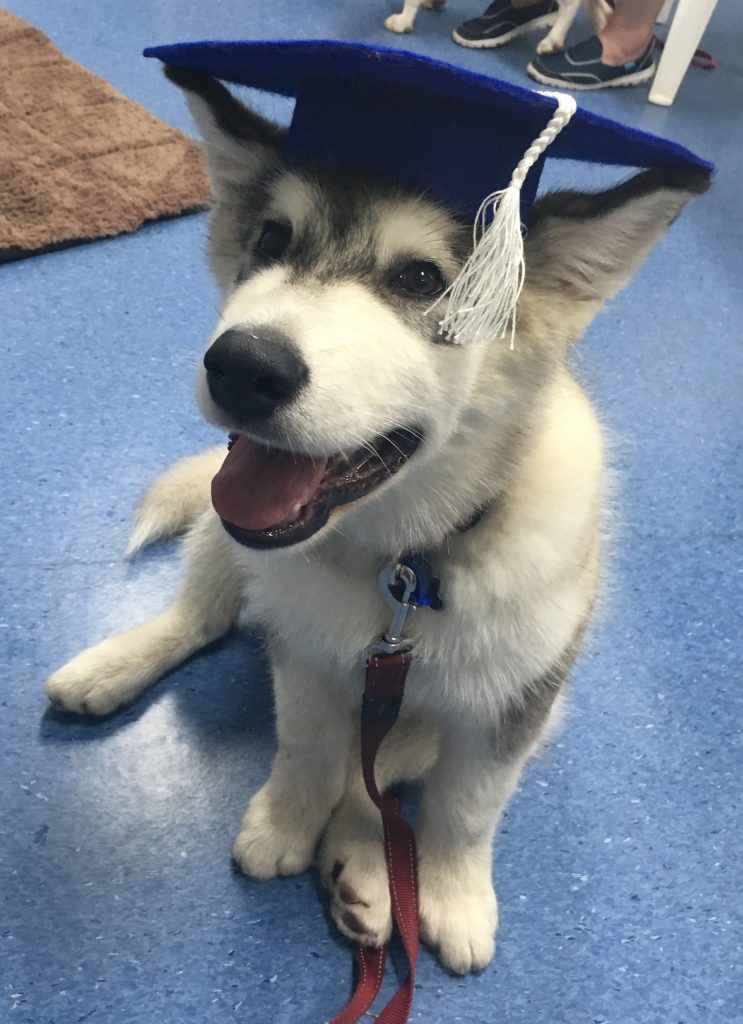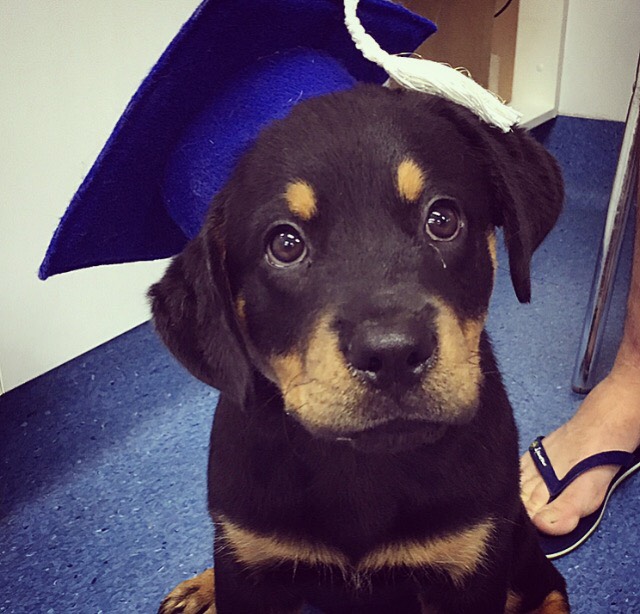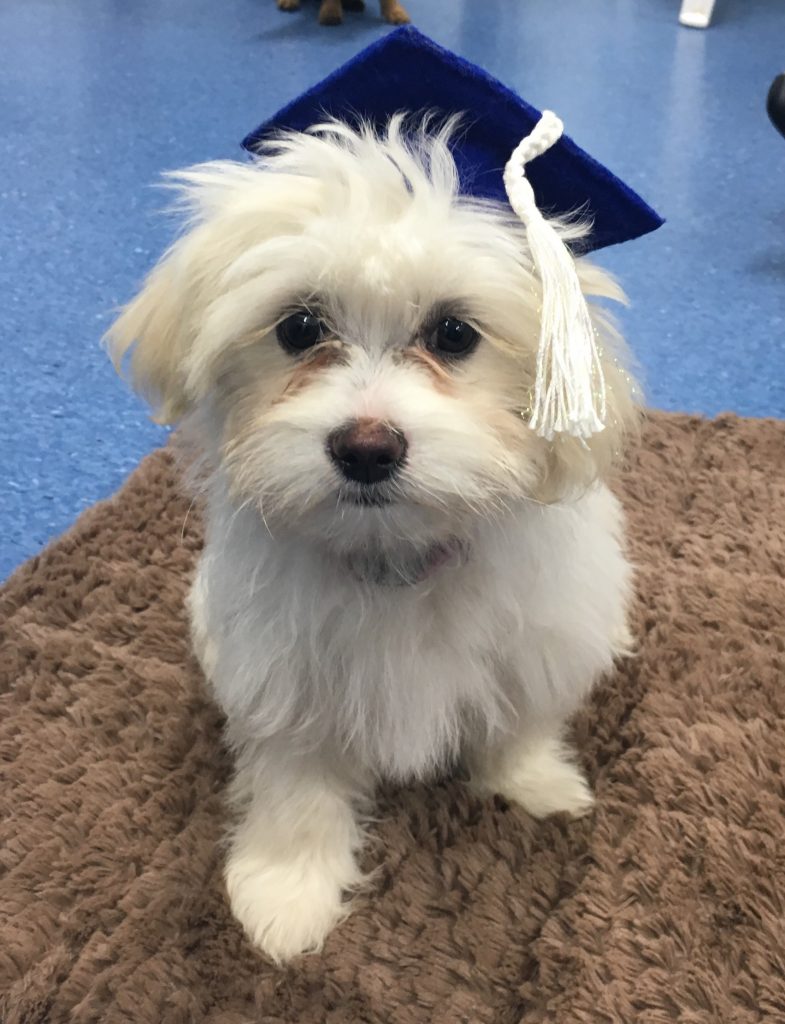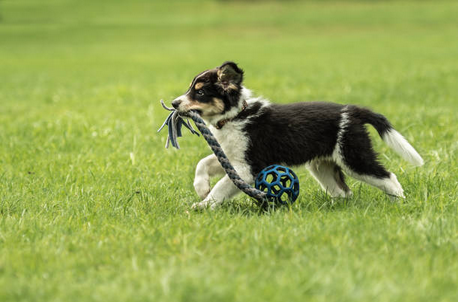 Congratulations on the arrival of your new family member! Whether it is your first time owning a pet, or whether you have had dogs before, having a puppy in the house can be quite daunting. However, it can and should be a fun exciting experience; and we are here to help!
Congratulations on the arrival of your new family member! Whether it is your first time owning a pet, or whether you have had dogs before, having a puppy in the house can be quite daunting. However, it can and should be a fun exciting experience; and we are here to help!
You may have heard about socialisation, and how it is important for puppies. By definition, socialisation is the activity of meeting socially with others, and learning how to behave in a way that is acceptable to society. For our puppies, this doesn’t only mean exposing them to other puppies or other dogs but also new situations, places, people, noises, smells and experiences.
But why is socialisation so important? And can you do it incorrectly?
Puppies at this age (6 – 14 weeks) have brains much like sponges – any experience they have during this peak learning period is absorbed, and will impact how they react to certain situations later on in life. Do you remember a bad experience you had as a child? However insignificant they may seem to you now as an adult, these memories can stick with you for life. Our puppies are the same. Therefore, a key aim of socialisation is to ensure that every encounter for our puppies is a positive one. This is important to ensure they grow into confident, happy adult dogs. A puppy that is scared or stressed also has their ability to learn affected, which also means that their training may not progress very quickly.
But don’t panic! Here are some easy tips to help you get your puppy on their way to confidence!
Tips for building positive encounters;
- Keep them on a loose lead – let your puppy feel as though they have room to move away from the situation. Stressed dogs can go into fight or flight mode, which can lead to biting or aggression if they feel they cannot escape. If they are uncomfortable, remove them from the situation and try again later.
- Don’t force them to do anything they are not comfortable with – this will make their anxiety worse. Allow the puppy to approach situations at their own pace.
- Read their reactions! This is an important one, and can be tricky as dog body language is quite different to our own. Look for signs of anxiety such as tail between the legs, ears pinned back, avoiding eye contact, lip-licking and hiding.
- Find what motivates your puppy, and use this as your reward every step of the way. Most dogs are food motivated, but some will strive for your attention, while others will want to play with a toy. Make sure you nurture and encourage them, even for the smallest progress.
- An Adaptil collar or diffuser may be beneficial if you feel like your puppy is stressed. Adaptil is a product which is based on the pheromones from a mother dog, and can help to calm down stressed pooches of all ages.
- Punishment does not work long term, and can make an anxious dog much worse very quickly. We recommend positive training only! Remember: Reward the behaviour you do want, and ignore the behaviour you don’t want. Keep in mind that quiet, calm behaviour deserves rewarding!

- Expose them to as much as possible (in a positive way) during this peak phase. Take them in the car with you, even if it’s a short trip. If there is a storm, reassure them and distract them with treats and toys. Take them to lots of different places with different people and noises (but only once they are fully vaccinated!) but also make sure they have alone time. Alone time is very important, as a dog that is too reliant on your company can develop separation anxiety later on in life. Make sure your puppy has something to occupy them whenever they are left alone, such as food or a favourite toy. This way, the puppy associates alone time with fun things! If you have more than one dog, make sure they have time apart from each other as well so that they are happy to be separated.
- Enrol them into puppy school! Puppy school allows the puppies to meet other dogs and people while experiencing the vet clinic in a fun positive way. It also allows us to answer any questions you have, and help you along the way on this exciting journey. We run a puppy preschool here at McDowall Vet Practice, so please give us a call on (07) 3353 6999 to save your place.


